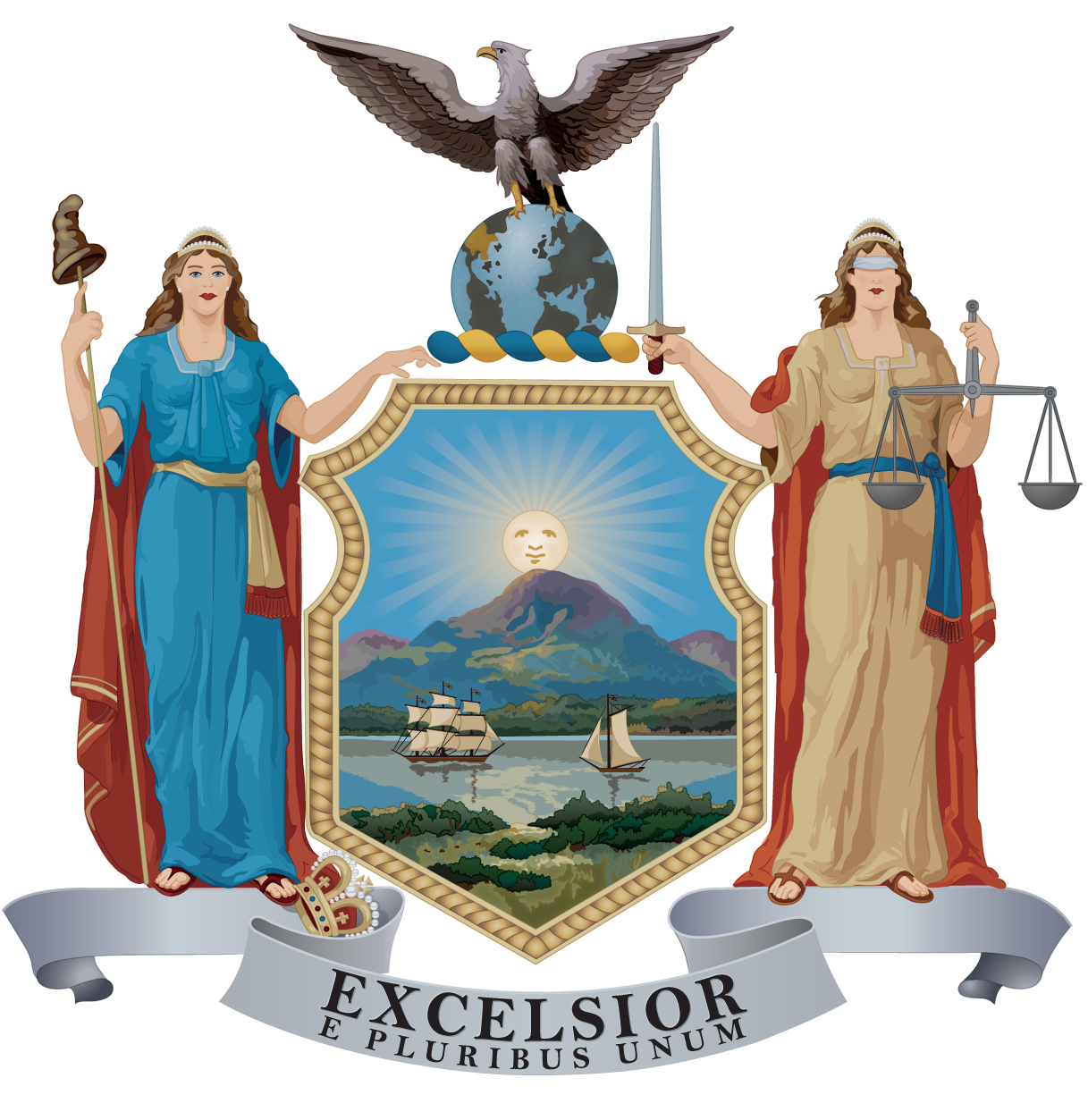March 13, 2019
Assembly's SFY 2019-20 Budget Includes Critical Funding for Statewide Environmental Protection Programs
Assembly Speaker Carl Heastie and Environmental Conservation Committee Chair Steve Englebright announced today the Assembly’s 2019-2020 state fiscal year (SFY) budget includes $175.2 million funding for environmental protections.
“The Assembly Majority believes environmental protection is not only critical to the safety of public health, but also to the state’s economy,” Speaker Heastie said. “Our budget invests in an array of environmental measures that will improve the quality of life for New Yorkers for generations to come."
“This budget shows a commitment to improve our quality of life by funding environmental priorities,” said Assemblymember Englebright. “It will help provide open space for recreation, improve access to waterfronts, protect clean air, land, water and fund local recycling programs. It addresses climate change, and takes steps to help ensure that vulnerable communities are more resilient.”
The Assembly is committed to safeguarding the availability of clean drinking water for New Yorkers, and allocates $500 million in new funding for the following water infrastructure programs:
- $200 million for the Water Infrastructure Improvement Act (WIIA);
- $140 million for New York City;
- $50 million for Water Quality Improvement Projects;
- $30 million for the Intermunicipal Water Infrastructure grant program;
- $35 million for land acquisition for source water protection;
- $20 million for drinking water remediation;
- $10 million for the replacement of lead drinking water service lines;
- $10 million for Green Infrastructure Projects; and
- $5 million for septic systems and cesspools.
Additionally, the Assembly Budget accepts the Executive Budget’s $300 million allocation for the Environmental Protection Fund (EPF), and allocates funding for the following programs:
- $35 million for land acquisition, an increase of $2.6 million;
- $19 million for Farmland Protection, an increase of $2 million; and
- $16.5 million for Zoos, Botanical Gardens, and Aquaria, an increase of $1.5 million.
